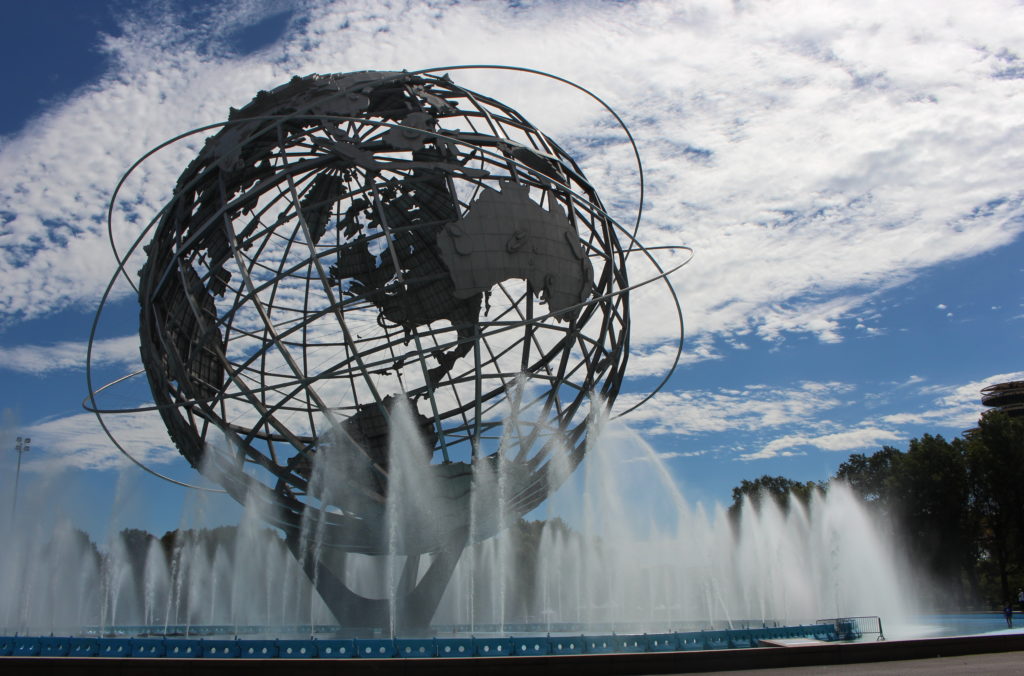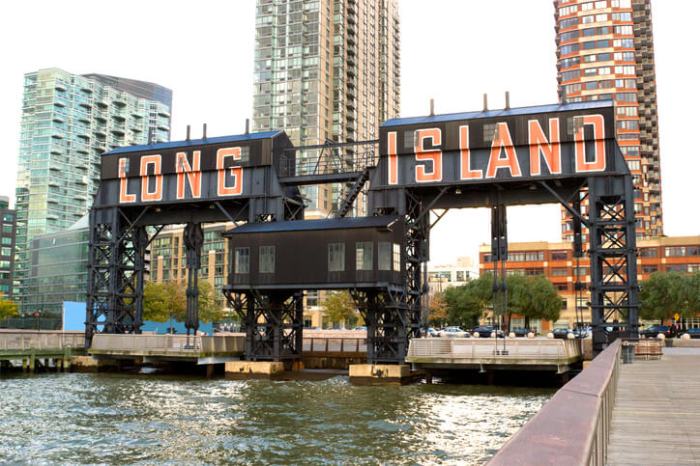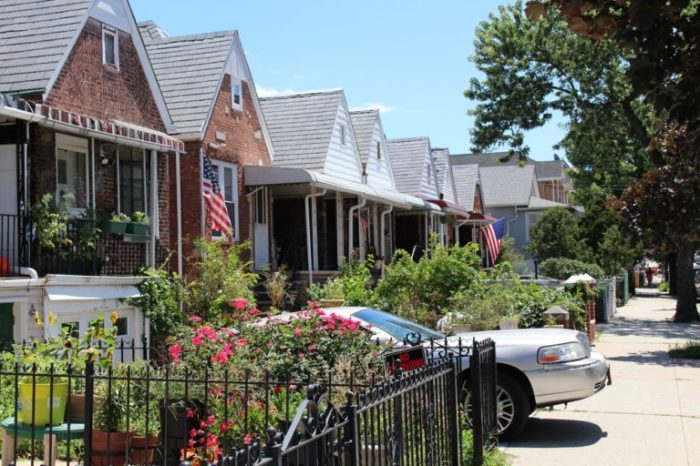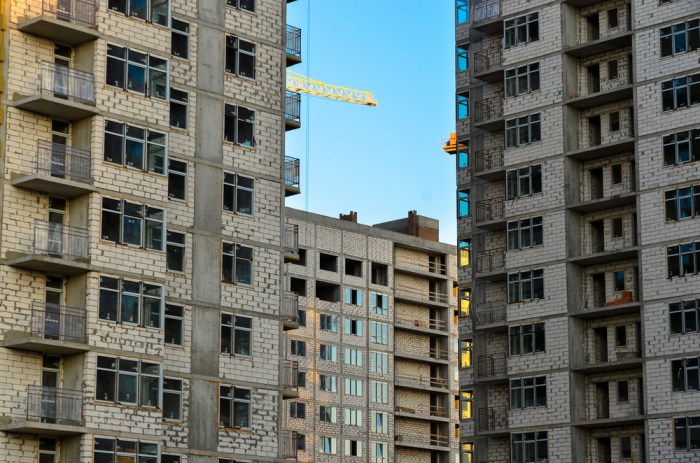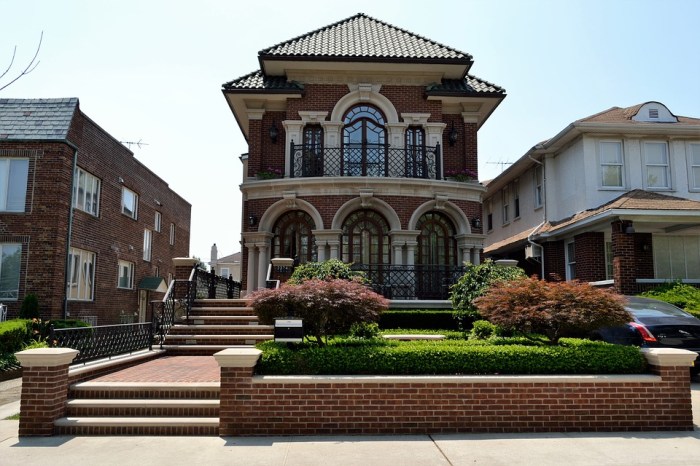The New York City Health Department released a new report detailing the health of people who identify as Asian and Pacific Islander (API) in the city to better understand inequities and the community’s needs.
By observing ancestry data, the Health Department found insight on mental health, birth outcomes, dental health, vaccinations, HIV prevention, cancer screenings and chronic conditions like asthma and diabetes. The report also found the impact COVID-19 had on API communities, mainly addressing the stigma and discrimination the communities faced since late 2019.
The report included data showing that API New Yorkers spend more than 30% of their monthly household income on rent compared with New Yorkers overall. The data, however, found that Bangladeshi and Pakistani households are the most rent-burdened among the API communities. The percentage of rented homes that aren’t adequately maintained by landlords is similar among API households (93%) when compared with the citywide average (91%).
The report also outlined that two-thirds of API adults say their general health is “excellent.” However, the data also showed that the prevalence of high blood pressure ranges from 15% among people of Korean ancestry, compared to 31% among people of Indian ancestry. The consumption of sugary drinks ranges from 7% among East Asian adults to 28% among Native Hawaiian and Pacific Islander groups.
The findings of the 51-page report are extensive, but Health Commissioner Dr. Dave Chokshi — the city’s first health commissioner of Asian descent — emphasized that the API community is “not a monolith” and the data still does not fully reflect its diversity.
“Our health data should reflect the breadth of ancestries present in our city’s API communities, so we may better understand and address health inequities,” Chokshi said. “Thank you to all of the partners who collaborated with the Health Department on this important report.”
Assemblywoman Jenifer Rajkumar commented on the report as a South Asian-American woman, commending Chokshi for his leadership spearheading this effort to understand the health needs of the API community.
“The broad category ‘Asian/Pacific Islander’ obscures the diversity of a group that includes Bengali, Chinese, Indian, Middle Eastern, Nepali, Malaysian, Mongolian and Pakistani people, to name only a few,” Rajkumar said. “Important nuances are not captured in current health data, such as that South Asians and Filipinos have higher rates of diabetes and that Vietnamese women were found to have higher rates of cervical cancer. The health department’s report disaggregating healthcare data will provide critical insights that will help healthcare professionals keep all New Yorkers healthier.”
Rajkumar represents District 38 in Queens — the borough with the largest concentration of South Asians out of the 300,000 API population in the city. The neighborhoods with the highest percentage of API residents in Queens are Flushing, East Flushing, Queensboro Hill and Murray Hill.
The Health Department noted that the report ultimately seeks to uncover health disparities between API groups by breaking down the data by those groups, and “seeks to further dispel the ‘model minority’ myth that suggests that all APIs experience unprecedented health, economic and academic success.”
“Whether it’s being taught in our schools or reported here within this important report by the NYC Department of Health, the Asian American condition, from its history to its health, requires greater attention from all levels of government if we are to truly achieve the goals of equal opportunity, equal treatment and equal protection,” state Senator John Liu said. “Disaggregating AAPI health data is a great step toward fulfilling these goals, and I thank the DOH for their work to bring this data to light.”
This report is part of the larger series detailing specific populations of New Yorkers to use in addressing unmet needs and supporting a healthier city for all.

